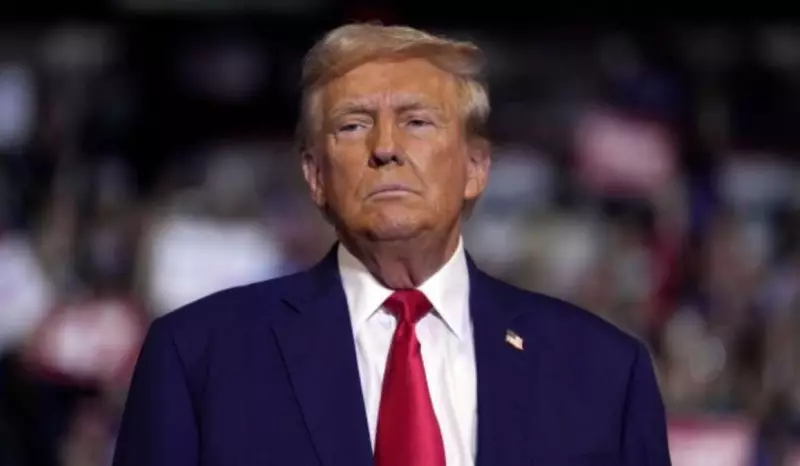
In a significant policy reversal aimed at addressing mounting economic concerns, former President Donald Trump has announced the elimination of tariffs on several essential food imports, including beef, coffee, and an assortment of tropical fruits. This decisive move, confirmed on November 15, 2025, comes as a direct response to escalating consumer price pressures that have been straining household budgets across the nation.
The Tariff Elimination Breakdown
The sweeping tariff removal specifically targets everyday grocery items that have seen considerable price inflation in recent months. The abolished tariffs apply to imported beef, coffee, pineapples, bananas, and olives, all staples in American kitchens and food service industries. This strategic decision reflects the administration's acknowledgment of the tangible financial stress facing ordinary consumers at supermarkets and restaurants.
Economic advisors within Trump's circle have emphasized that this measure represents a pragmatic approach to economic management. With inflation metrics showing persistent upward trends, particularly in the food sector, the tariff elimination is positioned as an immediate relief mechanism rather than a long-term structural reform. The timing suggests a deliberate effort to counteract negative economic indicators before they become more deeply embedded in the economy.
Economic Context and Consumer Impact
The decision unfolds against a backdrop of concerning economic data that has prompted urgent policy responses. Rising consumer price indexes have highlighted particular vulnerability in food categories, where supply chain disruptions and previous trade policies had contributed to noticeable retail price increases. Industry analysts had been documenting the trickle-down effect of import taxes on final consumer costs for several quarters.
Market reactions to the announcement have been cautiously optimistic, with food distributors and retail chains anticipating lower procurement costs that could eventually translate to shelf price reductions. The beef industry, which relies significantly on imports to meet domestic demand, stands to benefit substantially from the changed policy. Similarly, coffee importers and roasters have welcomed the move, given that the United States consumes substantially more coffee than it produces domestically.
Political and Trade Implications
This tariff reversal marks a notable shift from the previous administration's trade strategy, which had frequently employed import taxes as leverage in international negotiations. The policy adjustment signals a renewed focus on domestic economic stability over broader geopolitical trade objectives, at least in the short term. Trade partners in countries that export these products, particularly in South America and tropical regions, are likely to view this development favorably.
Political observers note that the decision reflects the administration's sensitivity to public sentiment regarding economic issues, especially with ongoing economic uncertainty. By targeting specific consumer pain points—the weekly grocery bill and morning coffee routine—the policy aims to deliver tangible relief that resonates with everyday experience rather than abstract economic indicators.
While the immediate effects might take several weeks to filter through distribution channels to retail prices, the announcement itself serves as a powerful signal of policy direction. The targeted nature of the tariff removals suggests similar focused interventions might follow if consumer price pressures persist in other sectors of the economy.





